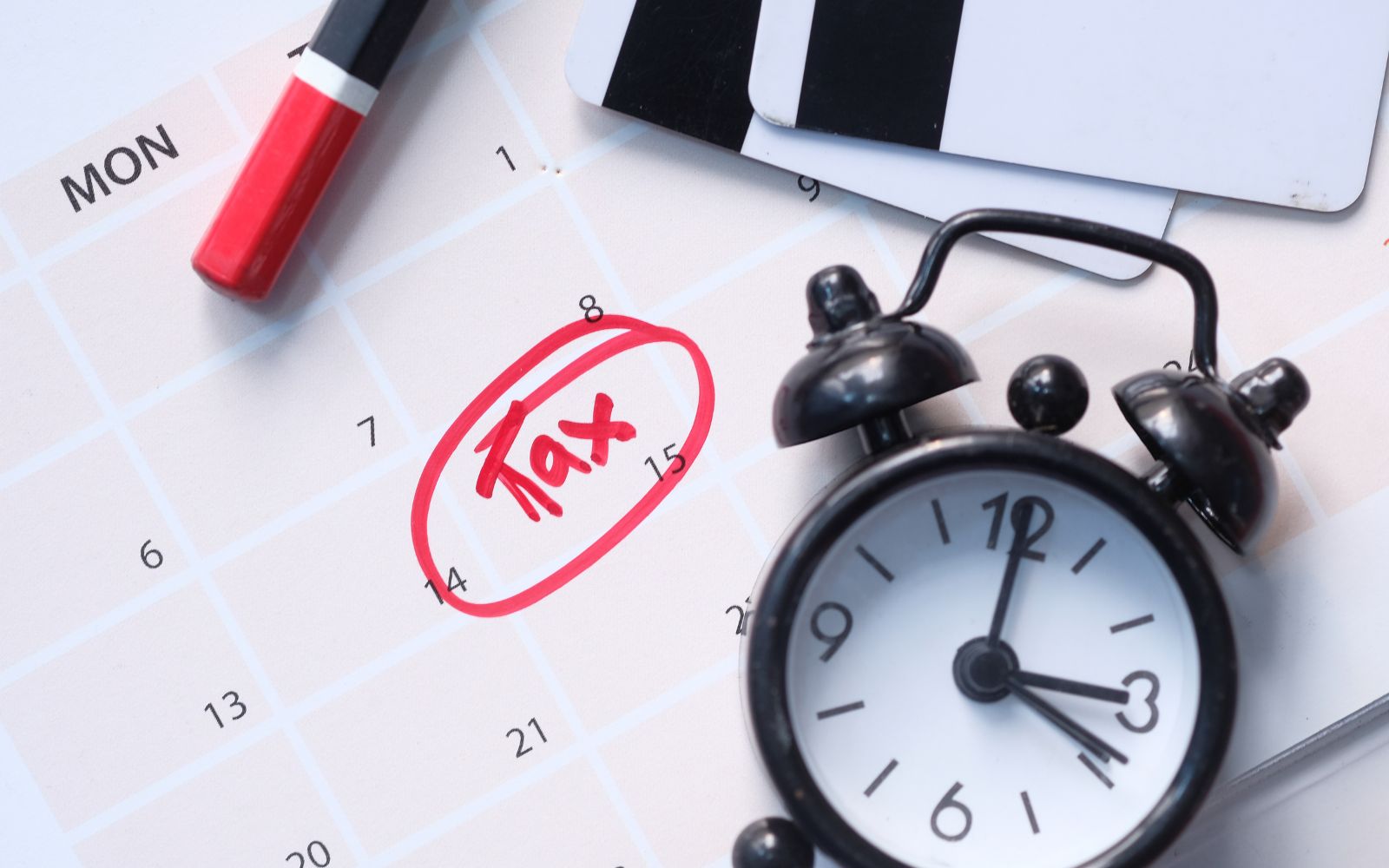Thinking about a Tax career?

Deciding on what you want to do in the future and applying for your first job is never an easy task. Planning, dealing with a huge amount of applications, and not being able to relate to past experience just yet – all have an impact on graduates.
We talked with Matthew Andrews, our Tax Graduate, who joined Finerva 6 months ago. Read his experience and advice regarding preparation for your first job hunt and why Tax career is so rewarding for a recent graduate!
Why did you choose Tax as your career path?
Most graduates looking to start in a finance role will consider the possibility of working in tax, accounting or audit. When beginning my job search, tax was the service line that piqued my interest. It was also heavily featured in the news as the country was coming out of Covid restrictions and certain areas of tax were to be changed, only for some of those changes to be revoked later.
Despite this being frustrating for those impacted, the idea that tax has some form of change attracted me towards it and will present me with a new challenge down the line which I look forward to.
Why did you decide to apply at Finerva?
Previously I worked for a management consultancy under a small team of experts in their field. They gave me my first glimpse into how businesses really operate. I thoroughly enjoyed the work and the new people I was introduced to. I also decided that working in a smaller collaborative team was something I wanted to continue doing.
Upon seeing Finerva’s job listing I quickly saw the qualities I was looking for in a Company: the ability to gain hands-on experience in tax advisory matters from day one; working under experts in their fields, in this case predominantly Fiona Cross, Finerva’s Director of Tax Advisory and, working in a small collaborative team.
Since joining in October 2022, I have quickly gained experience and confidence in the work I carry out, the majority of which is centred around the (Seed) Enterprise Investment Schemes (SEIS & EIS) and Enterprise Management Incentives (EMI), all whilst being supported by the team at Finerva who ensured their new employee would be most welcome.
What are the most important skills you built at university that helped you to start as a Tax graduate?
After completing a master’s in pure mathematics, it wouldn’t be incorrect to assume that I may have drifted too far into the theoretical for my degree to be of much use in the tax industry. Where, for example, learning about geometry may not be relevant in this case, what studying mathematics does do is give you the confidence to navigate a problem and find solutions by following a logical series of steps.
Where mathematics itself may not have much carry-over, how you discover and study it does. At the beginning of my role, the main focus was on studying the relevant tax regulations that applied to the work. Now, I am using my knowledge of those rules and applying them to the problems our clients face ensuring we find logical solutions.
What is your advice to anyone looking to start their first job in the tax area?
With the very large amount of competition in the industry, and with some companies potentially not using university degrees as the biggest indicator of an individual’s abilities anymore, I would recommend that those seeking work in tax should pursue internships or assistant roles in relevant areas. This is something I did not do, but would have certainly made any job application more exciting for an employer to read.
When the time comes and you start interviewing, ensure you have some knowledge of the tax area that you are applying for, including bringing some ideas of your own that you may be able to suggest, such as improvements to a certain tax rule/regulation.
The information available on this page is of a general nature and is not intended to provide specific advice to any individuals or entities. We work hard to ensure this information is accurate at the time of publishing, although there is no guarantee that such information is accurate at the time you read this. We recommend individuals and companies seek professional advice on their circumstances and matters.




